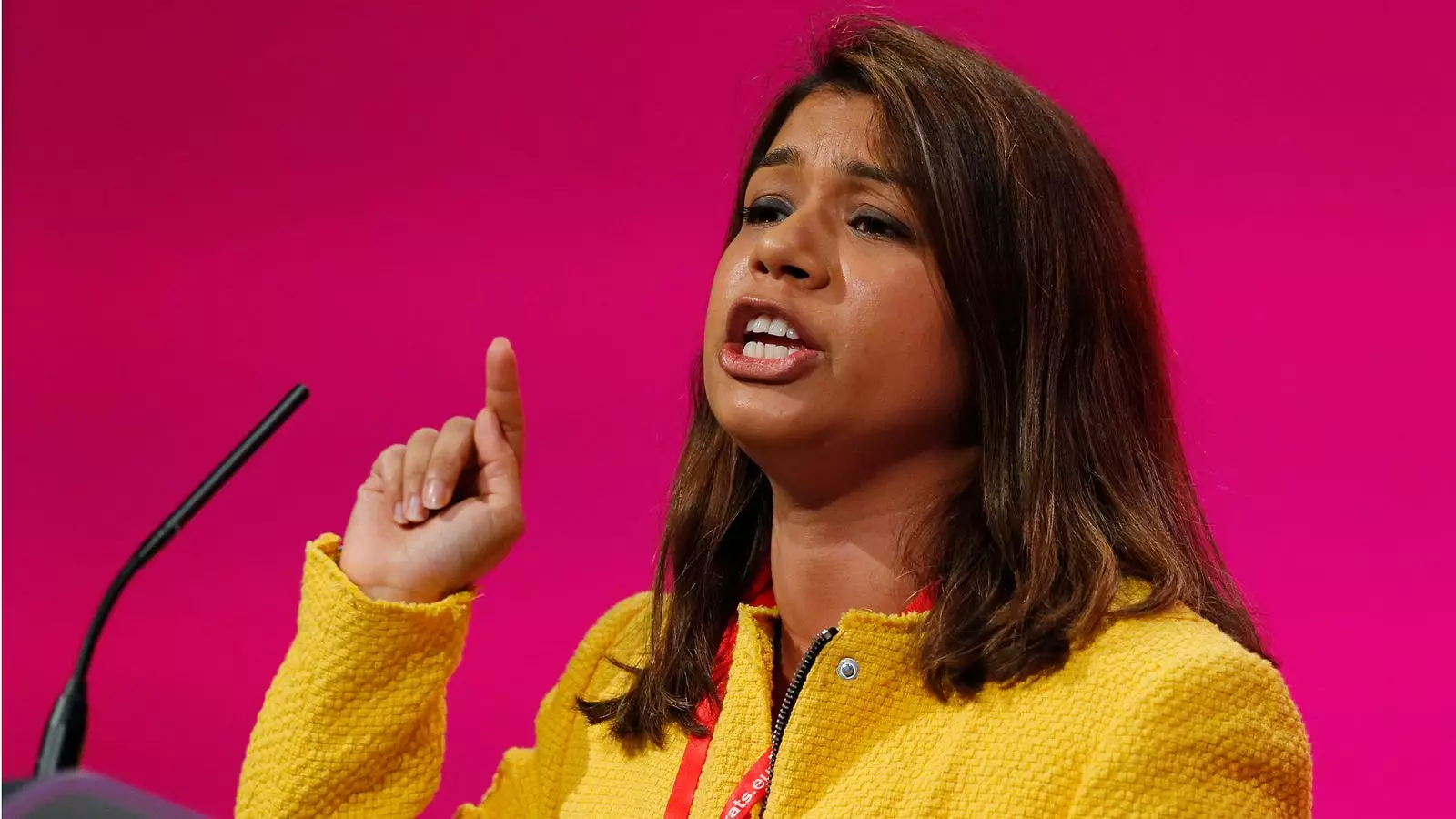In a significant development within Bangladesh’s political landscape, Tulip Siddiq, the UK’s Anti-Corruption Minister and a British Member of Parliament, finds herself embroiled in serious allegations of corruption. Reports have emerged indicating that she may have participated in the fraudulent acquisition of land in proximity to Dhaka. The allegations originate from the Bangladesh Anti-Corruption Commission, which has revealed an affidavit detailing claims that Siddiq exerted influence to secure land for her family members during her tenure as an MP.
The affidavit accessed by Sky News lays out an extensive account of the supposed illegal activities involving Siddiq and her relatives. It alleges that she coerced her aunt, Sheikh Hasina—who previously served as Bangladesh’s Prime Minister—to advocate for the allocation of plots within the controversial Purbachal New Town Project. The document specifically accuses Siddiq of utilizing her political ties to benefit her family, including her mother and siblings.
Investigators allege that various officials within the planning departments were subjected to bribery and undue pressure to approve these allocations. This alleged misuse of power by Siddiq and Hasina paints a concerning picture of political integrity within Bangladesh and raises questions about the ethical implications of Siddiq’s current position in the UK government.
In response to these allegations, a Labour Party source has vehemently denied any wrongdoing by Siddiq. It was stated that she entirely refutes the claims and asserts that no substantial evidence has been put forward. This pushback highlights a critical aspect of the unfolding situation: the stark divide between the accusations from Bangladeshi authorities and the defense mounted by Siddiq’s supporters, who argue that the allegations are politically motivated.
Notably, this is not the first time Siddiq has been mentioned in connection with questionable activities. Previous court documents have surfaced, hinting at her involvement in a separate case linked to alleged embezzlement from a nuclear power project in Bangladesh—a claim also championed by a political adversary aligned with Siddiq’s family. The complexities of these accusations raise concerns not only about Siddiq’s involvement but also about their potential political ramifications.
By placing Siddiq’s situation within a broader political framework, one can observe the current government’s scrutiny of the previous Awami League administration. With allegations circulating regarding crimes and corruption during their time in office, the new government underlines its commitment to tackling corruption head-on. Yet, as the narrative unfolds, it becomes increasingly apparent that the investigations into Siddiq may serve as both a political maneuver and a genuine inquiry into corruption.
This multifaceted situation has drawn the attention of UK Conservative leader Kemi Badenoch, who has called for Siddiq’s suspension amid the allegations. The UK Anti-Corruption Coalition has similarly voiced concerns, asserting that Siddiq should be stripped of her responsibilities concerning economic crime and money laundering. Such calls for her resignation echo the sentiment that a conflict of interest exists due to her familial associations and political background.
The allegations against Tulip Siddiq pose crucial questions regarding the integrity of anti-corruption initiatives, both in the UK and Bangladesh. If proven true, such claims could severely undermine the credibility of efforts aimed at addressing corruption and promoting accountability in government. Furthermore, the situation indicates the importance of transparency among public officials, particularly those dealing with sensitive portfolios.
The unfolding narrative will undoubtedly be significant for Siddiq’s political career and may set a precedent for how corruption allegations are managed within governmental structures. As the discourse continues, it offers a poignant reflection on the challenges of maintaining ethical governance amidst powerful familial and political ties.
As the investigation progresses, the tension surrounding Tulip Siddiq’s situation remains palpable. Whether these allegations result from genuine wrongdoing or political retaliation remains to be seen. Regardless, the incident serves as a stark reminder of the complexities of ethics in politics and the necessity for accountability at all levels of governance. The ultimate impact of these allegations will not only affect Siddiq personally but could also shape the future landscape of anti-corruption efforts within and beyond Bangladesh.

Leave a Reply